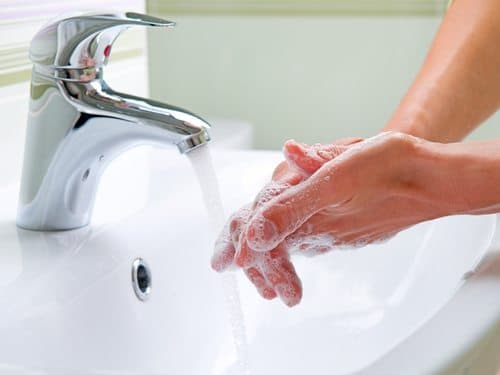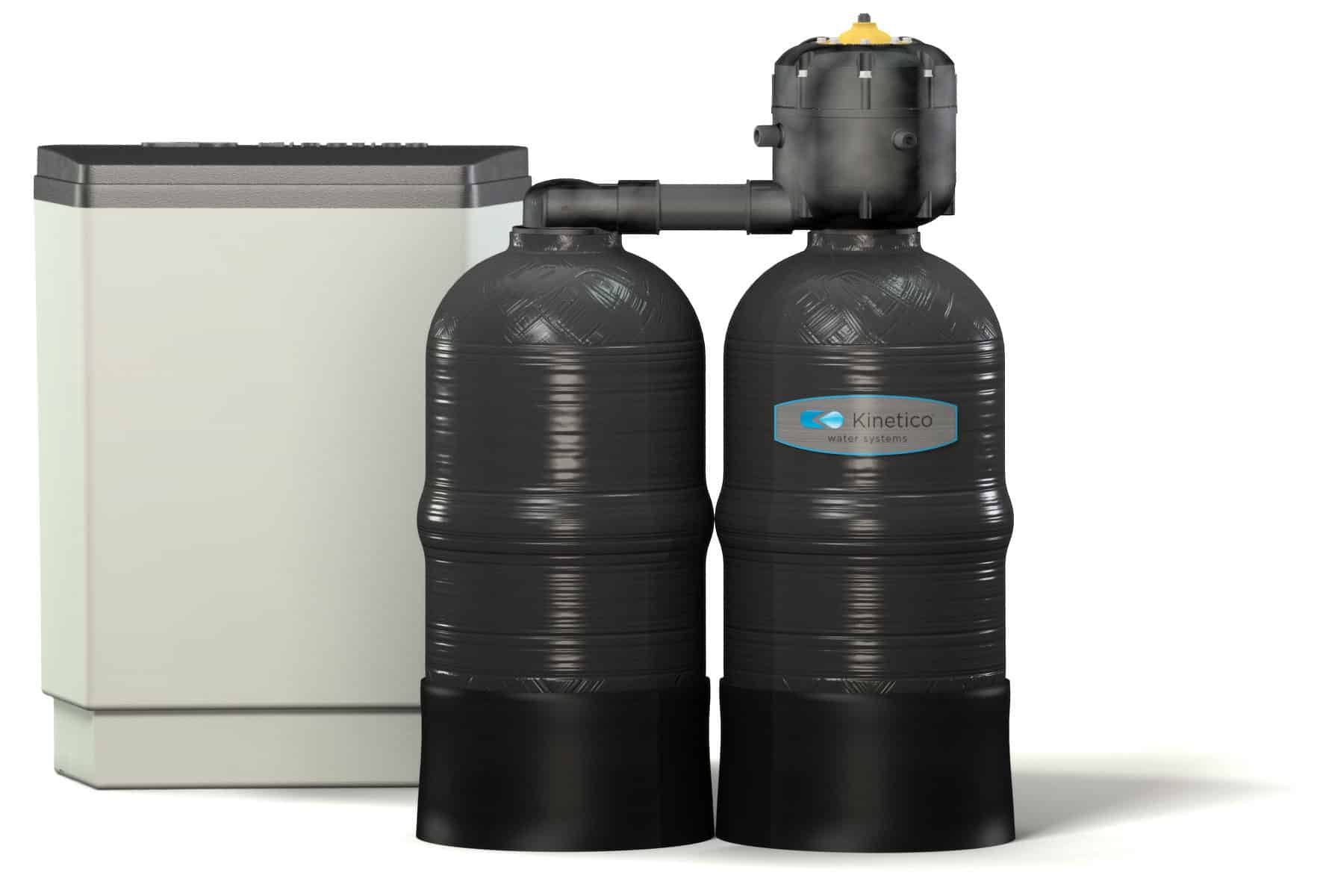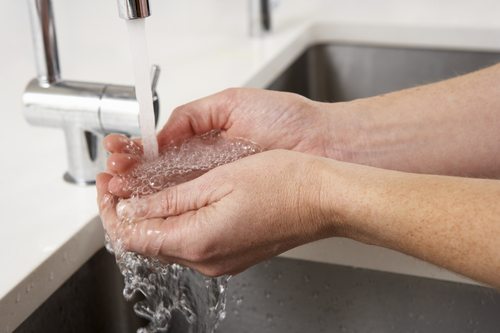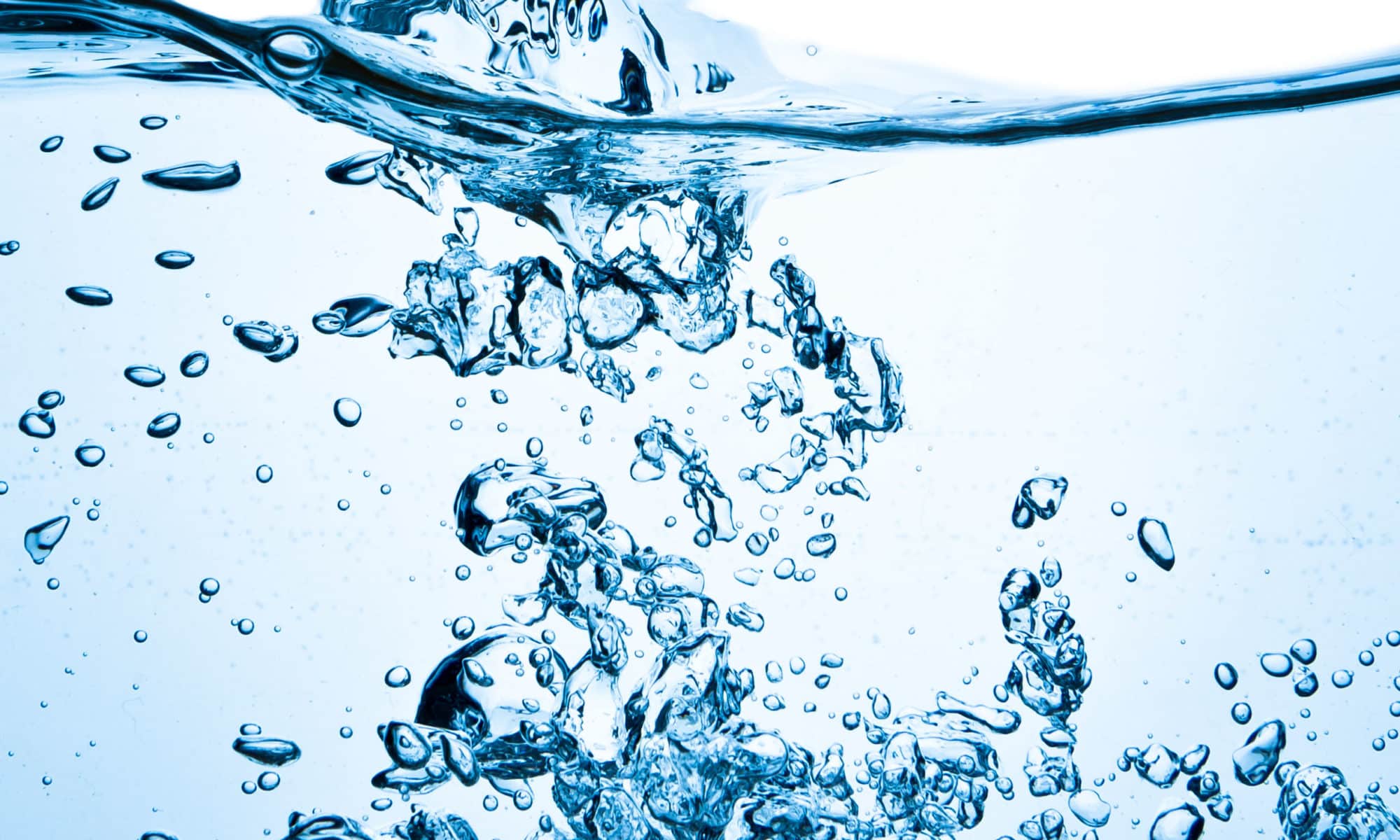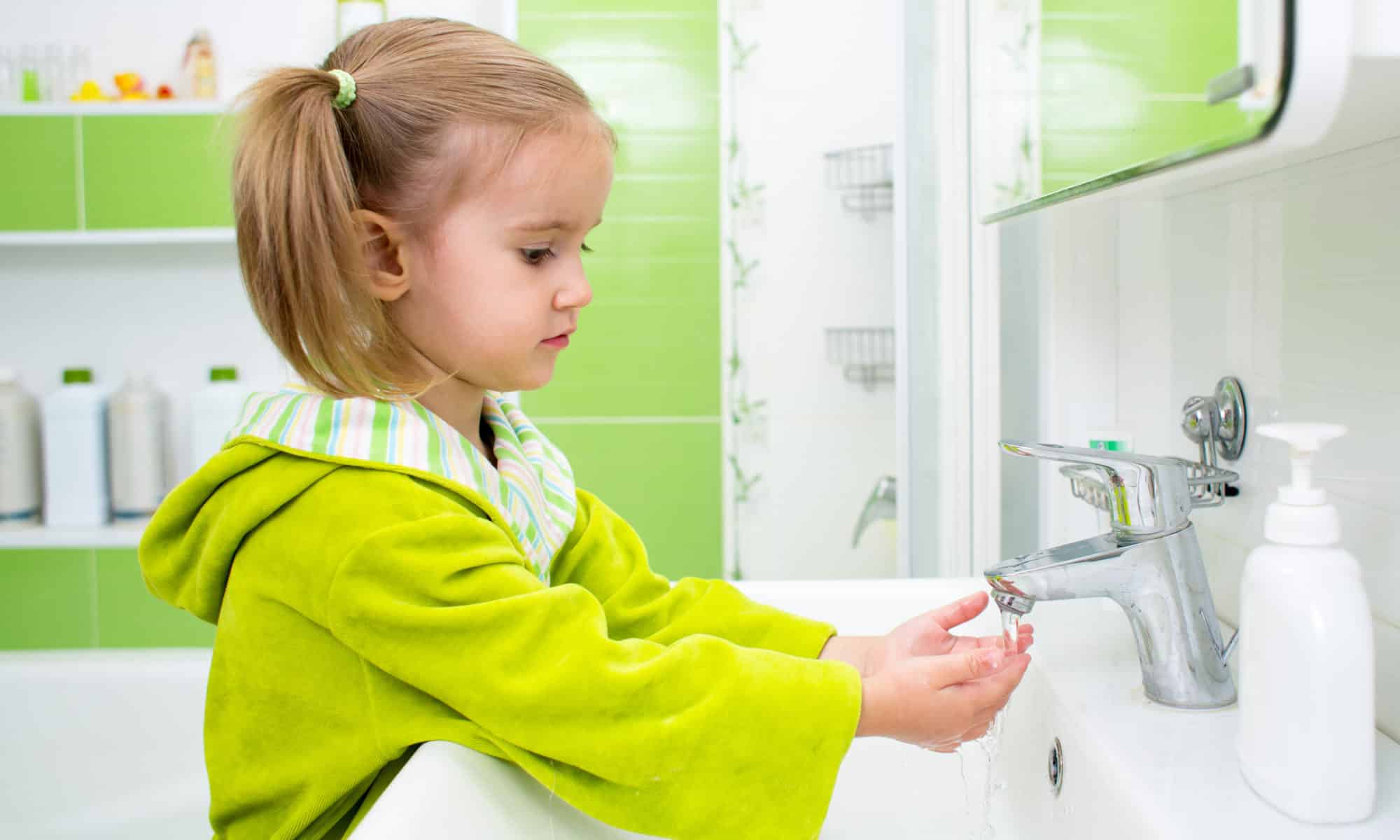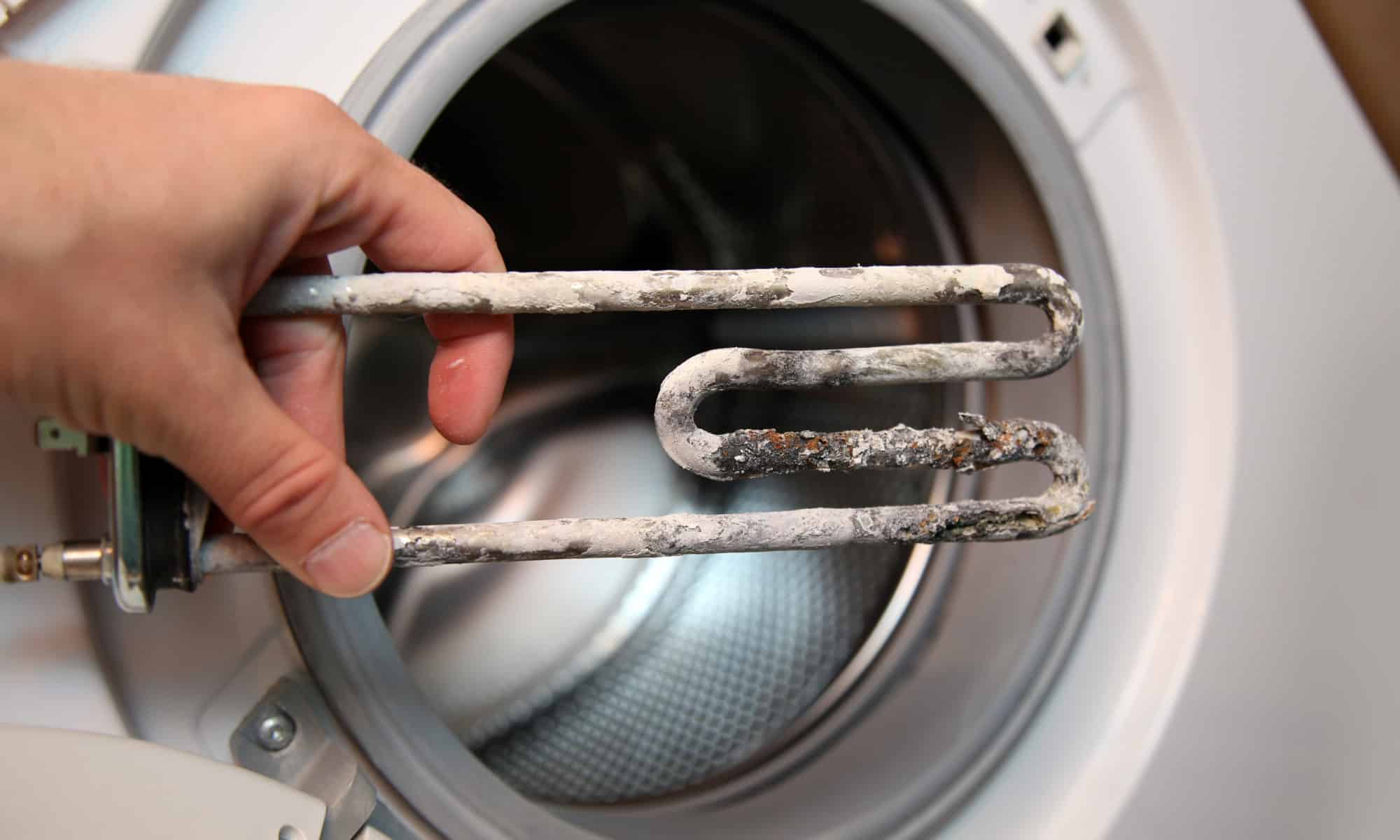At Kinetico Utah, our water softeners are designed to help turn your hard water into soft, luxurious water for better use around the home.
How do you know if your water is hard? Detecting the presence of hard water is something many people don’t know how to do. Let’s look at a few simple home methods for determining if you might have high amounts of calcium and magnesium in your water, making it hard.
Outside Examination
This method involves looking around your home for evidence of hard water. Check your sinks, bathtubs and showers for white scale build up. Glass shower doors and tile showers will have white spots or film which won’t wipe off and will etch the glass. Toilets also develop a white ring at the water level which won’t come off without the use of harsh chemicals or pumas stones.
Check laundry to see if your whites are grey and dingy, or you have to use fabric whiteners like bleach or Oxy Clean to keep them looking white and bright. With hard water fabrics will also often be stiff and rough to the touch.
The kitchen is another great place to check for hard water. Look for spots or a film on glass and silverware, which can be caused by minerals in hard water. Inspect the sprayer and see if it has a white crusty build up on the end and when you spray the water seems to shoot every direction except the way you want it to.
The Skin Test
Take a bar of soap and wash your hands with soapy warm water and as you rinse them rub your fingers together and notice if your skin feels slick and silky or if it feels squeaky. Then dry your hands with a clean towel and see if your skin feels rough and they have a reddish dry look to them.
When washing in hard water skin will have a squeaky feel when rinsing and many will notice their skin feels and looks dry and rough when dry. Soft water will leave the skin feeling soft, smooth, and silky.
Have Your Water Tested by a Professional
If you’re still unsure about the hardness of your water, let the experts at Kinetico assist you. We’ll test your home water for hardness, chlorine and other impurities. Our representatives are standing by to assist you.

